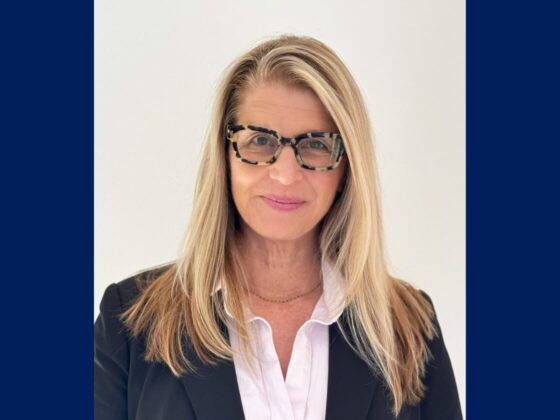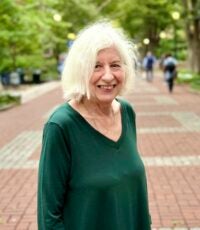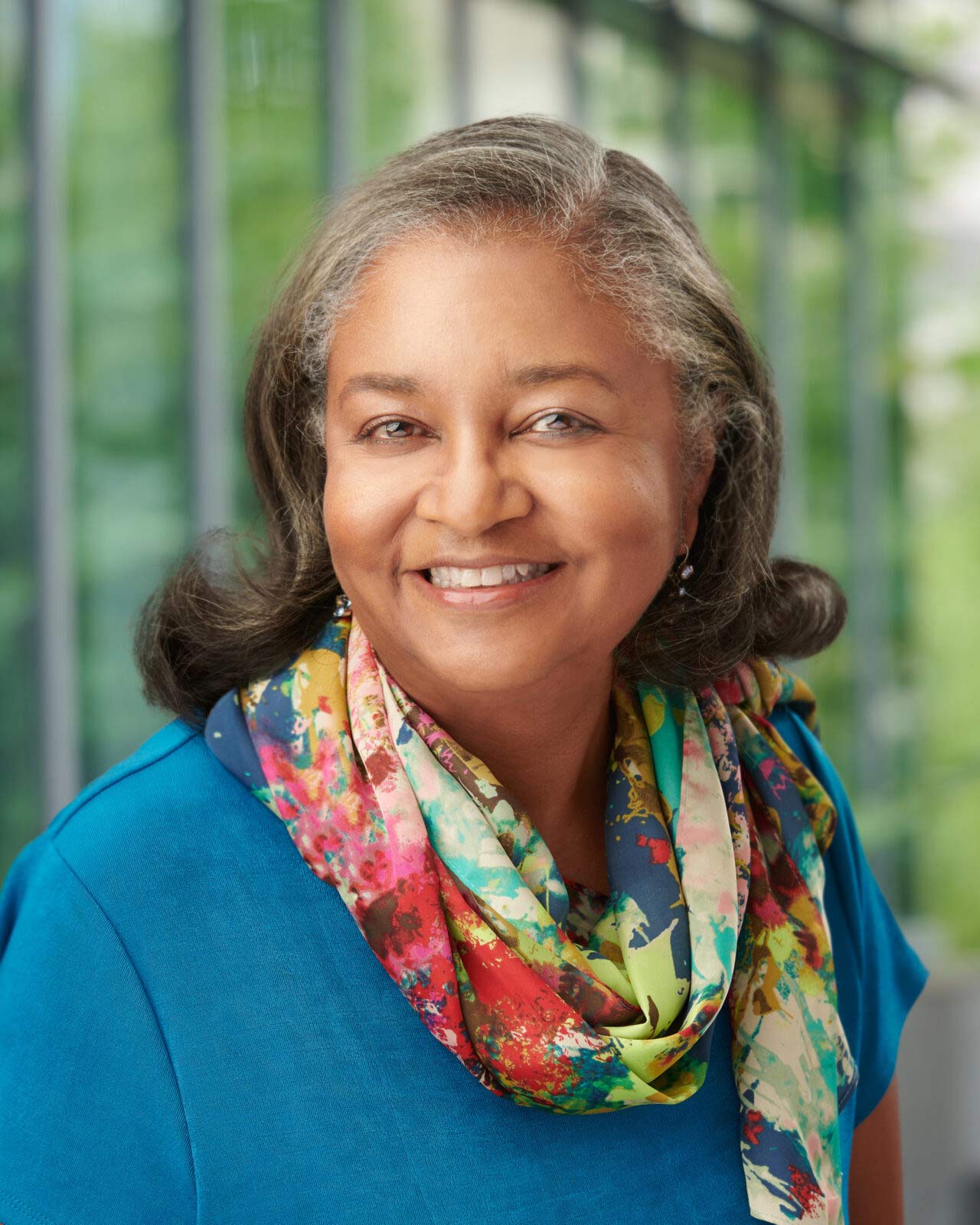News Details
Alumni Q&A | Jessica Aldrich Strassman, DSW’24

Authored by: Carson Easterly
Alumni
09/23/24
Having explored how a World War II population’s trauma narratives are experienced by subsequent generations for her dissertation, Jessica (Jesse) Aldrich Strassman, MSW, LCSW, DSW, is committed to studying expulsion, flight, and migration. As a new graduate of the Doctorate in Clinical Social Work (DSW) Program at Penn’s School of Social Policy & Practice (SP2), she continued pursuing her research interests this summer in Harvard University’s FXB Center for Health and Human Rights/ National and Kapodistrian University of Athens (NKUA) intensive summer course.
Licensed in California since 2001, Strassman currently operates a private practice in the San Francisco Bay Area working with adolescents and young adults. An alumna of the Catholic University School of Social Work in Washington, DC, she began her career working in the child welfare system focusing on permanency planning, especially for adolescents in foster care. She served as clinical supervisor and program director in several nonprofit foster care agencies overseeing and developing permanency programs for children. Much of her employment was based within LGBTQ+, bilingual, and multicultural foster care agencies. We reached out to her to learn more about her time at SP2 and her path to studying the experiences of forcibly displaced populations.
What accomplishments have been most meaningful to you, and why?
By far the most meaningful and impactful accomplishment was the completion of my dissertation. I am grateful for the opportunity to collect oral histories with forcibly displaced survivors, grown children, and grandchildren, of World War II’s ethnic German community living in the U.S. This population has not been studied in the U.S., and most have never been able to tell their stories prior to my research. It was an honor to sit with them and hold space for them to speak about unimaginable war-related experiences so we can better understand the intergenerational impact of trauma narration from sociopolitically complex populations. This experience inspired me to better understand today’s forcibly displaced populations and the impact of their experiences on mental health.
This past summer I was accepted at Harvard University’s FXB Center for Health and Human Rights/ National and Kapodistrian University of Athens (NKUA) intensive summer course on migration and refugee studies held in Greece. This interdisciplinary course brought together thirty-two international students devoted to understanding and advancing humanitarian refugee policies and practices. As the only clinical social worker in the group, I was reminded of the power of an interdisciplinary team to advance today’s complex social justice issues and felt prepared to contribute a social work perspective deepened by my professional work and my time at SP2. The most impactful experiences came from hearing directly from those who had experienced forced displacement or migration and renewed my commitment to qualitative research in this area.
Why did you choose Penn’s School of Social Policy & Practice (SP2)?
As a clinical social worker who graduated with my MSW in the 1990s, I was drawn to the excellent opportunity to update my clinical and research knowledge and explore professional opportunities in research and teaching. I also chose SP2 for its requirement of a formal dissertation, which would allow me to conduct original research with committee support. The primarily online hybrid model was ideal for me, a San Francisco-based social worker without a local DSW program, and the format facilitated a diverse cohort from various professional and geographical backgrounds, from whom I hoped to learn.
When did you first know that you wanted to be involved in social justice work? Why?
My MSW program focused on macro-level social work, and my internships at the Child Welfare League of America and the White House Domestic Policy Council (DPC) deepened my passion for social justice. Working on welfare reform with the DPC and meeting welfare recipients underscored the value of allowing participants to share their stories. This focus on giving voice to marginalized or silenced populations has guided my work with children and adolescents in the child welfare system, my clinical practice with adolescents facing mental health challenges, and my recent research on forced displacement populations.
What did you like the most about your experience at SP2? What would you consider the key takeaways?
The dissertation experience! The DSW Program allowed for interdisciplinary partnerships and necessary creativity while maintaining academic rigor during the process. My research with a World War II forced-displacement population necessitated grounding in sociopolitical historic context, and I was able to have an interdisciplinary dissertation committee. My dissertation committee chair is an assistant professor in Penn’s Department of History, and my reader is an associate social work professor and trained anthropologist. My history chair held me to her high standard of a historian while she learned from my social work perspective. My social work/anthropologist reader inspired me to incorporate artifacts and objects into my oral history collection as an additional storytelling vehicle. These partnerships underscored the importance of interdisciplinary collaboration in our field to deepen our research and led me to other collaborations both within and outside of SP2, including conference submissions with SP2 professors and students, conference presentations, research collaboratives (both within and outside SP2), and other academic opportunities in my field of research. I came away with immense gratitude and confidence to tackle even more challenging work.
What was your favorite SP2 course?
Every SP2 class appropriately challenged my critical thinking as a clinical social worker, but the classes that stood out were Dr. Phyllis Solomon’s quantitative research class and Dr. Jerri Bourjolly’s teaching class. I was initially intimidated by Dr. Solomon’s depth of experience (she had written the textbook for our class), and I was challenged to develop a research proposal, but, in the end, I learned so much from the class and Dr. Solomon’s engaging and supportive ways of exciting us about research both in her class and beyond. Her class inspired me to join a research collaborative that now includes several research projects with social work programs across the country. Dr. Bourjolly’s course, especially the in-person week where we taught a mini class to our cohort, was invaluable. It prepared me for my current role as an adjunct professor and taught me about my cohort’s diverse and impressive social work specializations.
What are your career goals, and how do you think your SP2 experience will impact your professional path?
SP2 has expanded my commitment to social work and social justice, particularly in forced displacement and migration in the U.S. and abroad. My dissertation research and summer work in Greece with Harvard/NKUA highlighted the urgent need for mental health support for growing displaced populations. Rising political instability and environmental migration rates have created an urgency for social workers to understand and employ best practices. I plan to continue engaging in this field as a researcher, writer, and teacher, seeking interdisciplinary opportunities to advance social work and social justice initiatives for displaced communities.
People
-

Phyllis Solomon, PhD
Professor
Contact
office: 215.898.5533
fax: 215.573.2099
Email
-

Joretha N. Bourjolly, MSW, PhD
Associate Professor/Clinician Educator
Contact
office: 215.898.5524
fax: 215.573.2099
Email